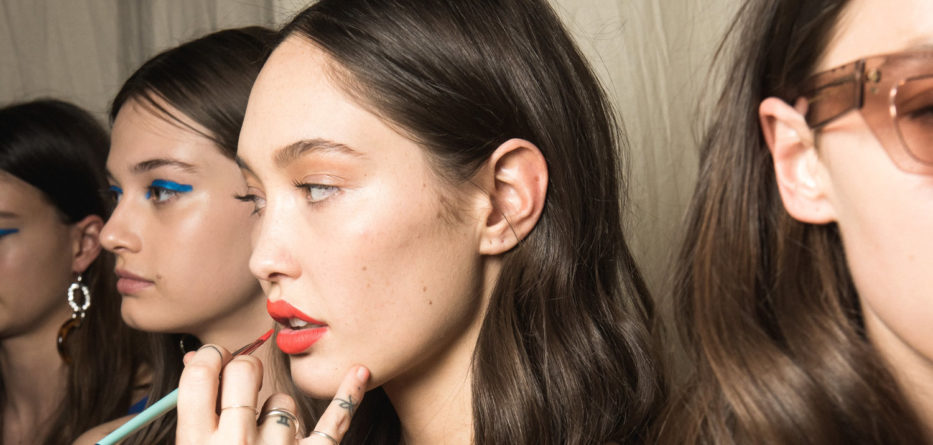Atlanta – On Sunday December 8 South African Zozibini Tunzi won the Miss Universe 2019 in a gala in which several of the participants, including the winner, defended gender equality on stage, a fact that illustrated what gap feminism can have in these types of beauty pageants.
A new era in feminism driven by United States by movements like #MeToo, have been gaining ground in beauty contests like Miss Universe, which now face their own contradictions by offering a loudspeaker to women when, at the same time, their own functioning continues to be governed by many as a sexist and obsolete.
And the question is, can there be room for feminism in a contest in which a woman has low chances of winning if they are not seen as beautiful, tall and thin?
Zozibini Tunzi, who gave the crown of Miss Universe to South Africa for the third time in its history on Sunday, captivated the jury and the public with her messages against racism and machismo, and with her pride in being an African and black woman.
“I grew up in a world in which a woman like me, with my skin type and my hair type, was never considered beautiful. And I think it is time for that to end today,” she said at the gala.
Beginning with an event press conference, Tunzi developed her ideas against the “absurd” inequality between men and women.
“I do not see why women cannot recover the lost ground in front of men in 2019. Nor do I see why women should continue to be victims of gender-based violence, especially at the hands of men who supposedly love and care for them (…) I want to challenge men to take a step forward and teach their children how to look at girls as equals, “he said.
Tunzi was not the only Miss Universe candidate who wrapped herself in the feminist flag.
The Brazilian Júlia Horta, who already showed in the previous rounds of the contest a banner rejecting sexist violence, paid tribute yesterday to the conquests of feminism.
“Thanks to the feminists of the past today I have better rights,” he said.
The Colombian Gabriela Tafur Nader also vindicated the right of women to decide fully about their sexual health.
“The most important thing is that women can decide on our own bodies. We have to have the possibility of accessing quality health so that any decision we make about our body, our health and our reproduction, never puts our lives at risk” he indicated.
Miss Universe asks their applicants to get involved with some social cause and the Argentine representative, Mariana Varela, explained that hers is to end “macho aggressions”.
“I was a victim of gender violence,” he told CNN in Spanish.
“That is why I know how important it is for all women who feel free from this oppression and who can, once and for all, break with those chains,” he added.
In addition, diversity continues to make its way into Miss Universe and in 2018 the Spanish Angela Ponce made history as the first transgender aspirant.
Miss Universe contestants do seem to have assumed the feminist struggle, but the contest retains some questionable rules that seem taken from another century.
“Contestants cannot be married or pregnant,” reads the official website of the competition.
“They must never have been married, have not had an annulled marriage, nor have given birth or raised a child. The winners are also required to remain single throughout their reign,” he adds.
It is true that Miss Universe values abstract qualities such as “authenticity, credibility and exhibit elegance under pressure”, but it is equally true that, despite changes in format, parades in bikini and evening dresses are still the high points of the gala and the qualification rounds.
“Beauty, beauty and beauty. This all revolves around beauty,” Scott Lazerson, who participated as a judge in the preliminary rounds of Miss Universe, told the Forbes magazine in 2011. He questioned the importance this aspect may have for the jury compared to other qualities such as intelligence or personality.
As in the 2018 edition, this past Miss Universe gala had a selection committee formed entirely by women.
The chauvinistic controversies have also had to do with the owners of beauty pageants, as was the case of the current president of the United States, Donald Trump, who was accused of having entered, when he owned Miss Universe, the changing rooms of the young people with them naked or changing clothes.
He was also pointed out by Alicia Machado, the Venezuelan winner of Miss Universe 1996 and who claimed to have suffered derogatory comments from Trump during his reign with the contest.






